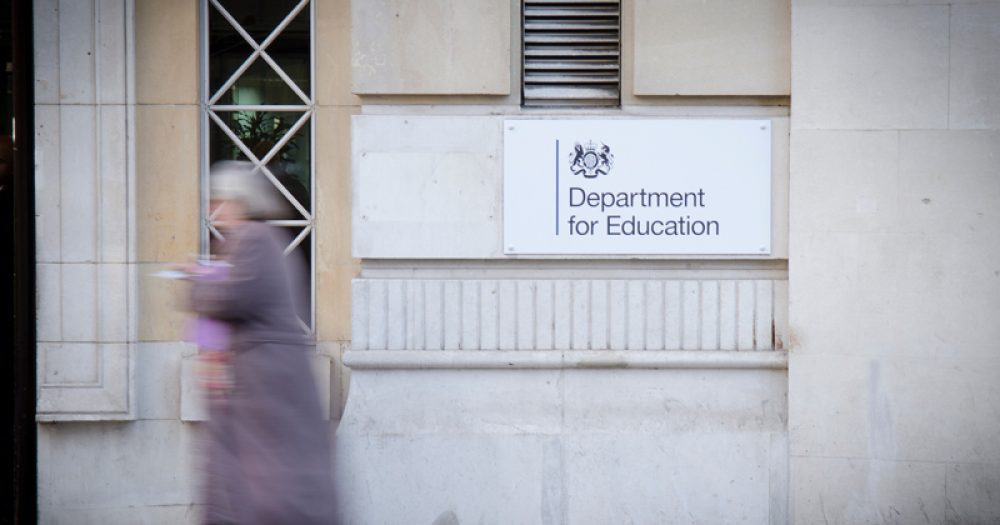It’s been a bit of a humdrum year in education policy, says Natalie Perera, neither a car crash nor a roaring success
Theresa May’s inevitable reshuffle in January meant the fourth education secretary in as many years. Fresh from launching her much anticipated social mobility strategy, Justine Greening was barely given the chance to see the glossy print copy before she was replaced by the little-known Damian Hinds.
Hinds has kept a relatively low profile over the year but has, perhaps sensibly, limited his major announcements to reforming newly qualified teacher status, bringing some clarity to the blurred lines between Ofsted and the regional school commissioners, and most recently, attempting to increase the value of technical education. So far, so good.
And there is certainly some merit in having less frenetic interference from government. It’s meant that, by and large, schools can crack on with embedding new curriculums and assessments. But important issues remain.
Teacher recruitment and retention is, overwhelmingly, the Department for Education’s biggest headache. Despite an increase in overall trainee numbers, recruitment to shortage subjects such as maths and physics continues to fall, lagging behind the government’s targets. The DfE is rightly giving careful thought to how to fix this, but its teacher recruitment and retention strategy needs to launch soon and it needs to be game-changing.
While Hinds has worked quietly on his priorities, this has provided space and opportunity for others to fill the news void.
Hinds has kept a relatively low profile over the year
Notably, Amanda Spielman, Ofsted’s chief inspector, has used her first full year in office to speak frankly and forthrightly about the challenges she thinks education faces. While the DfE awaits the outcome of Edward Timpson’s review into exclusions before deciding what, if anything, to do about rising exclusions and the number of children “off-rolled”, high-profile figures such as Spielman and Anne Longfield, the children’s commissioner, have firmly jumped off the fence. Both have highlighted the numbers of children (mainly disadvantaged and low-attaining) who seem to have been taken off school rolls between years 10 and 11. In the new year, the Education Policy Institute will publish a detailed report on this issue.
Meanwhile, the lack of parliamentary time meant the government was unable to make a simple, yet powerful rule change that would keep pupils on the roll of a mainstream school, even when referred to alternative provision. The fact there is cross-party consensus for this makes the legislative barrier all the more frustrating.
Another legislative barrier that will frustrate some is the inability of the government to introduce a “hard” national funding formula. While 2018 was the first year of the new NFF (a testament to the Greening era), we’re still no closer to knowing when the role of local authorities in setting school and academy budgets will be removed (almost) entirely. MAT leaders are, unsurprisingly, expressing their impatience.
Schools are still under financial pressure and the additional £1.3 billion in the budget this year was not enough to prevent headteachers marching on Downing Street. Lord Agnew remained mostly under the public radar this year, until he waged a bottle of champagne that he could find “inefficiencies” in schools.
What struck me most about that provocative challenge, was the lack of definition of “inefficiency”. If next year’s spending review is going to require a further tightening of belts, then ministers need to be braver about what they consider to be inefficient, beyond just back-office functions and procurement. Do they consider teaching assistants, pastoral care or small class sizes all to be inefficient?
Although there has been a growing disquiet amongst school teachers and leaders, overall, it’s been neither a car crash nor a roaring success for education policy. Much more focus could have been given to improving the quality of early years provision and teacher retention schemes, particularly in the neediest areas, but (the small capital expansion to grammars aside), the department has at least met the low bar of doing no harm. Let’s hope that it raises that bar in 2019.








Your thoughts